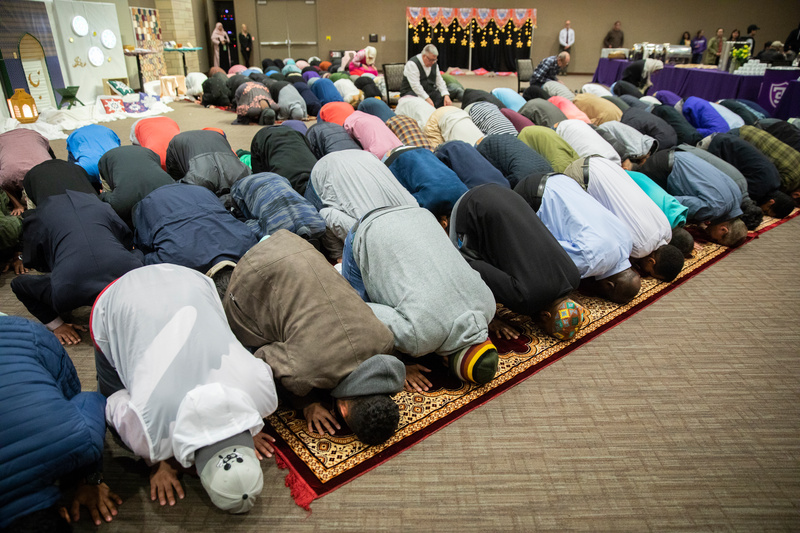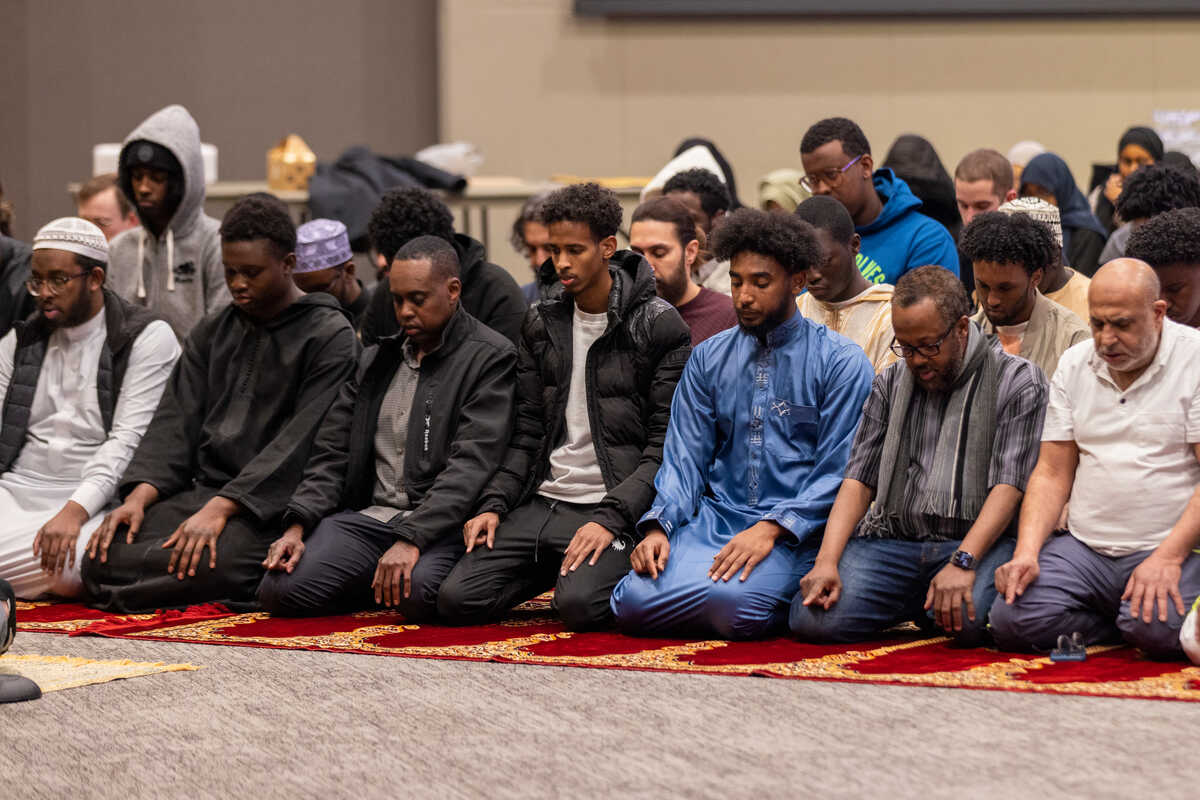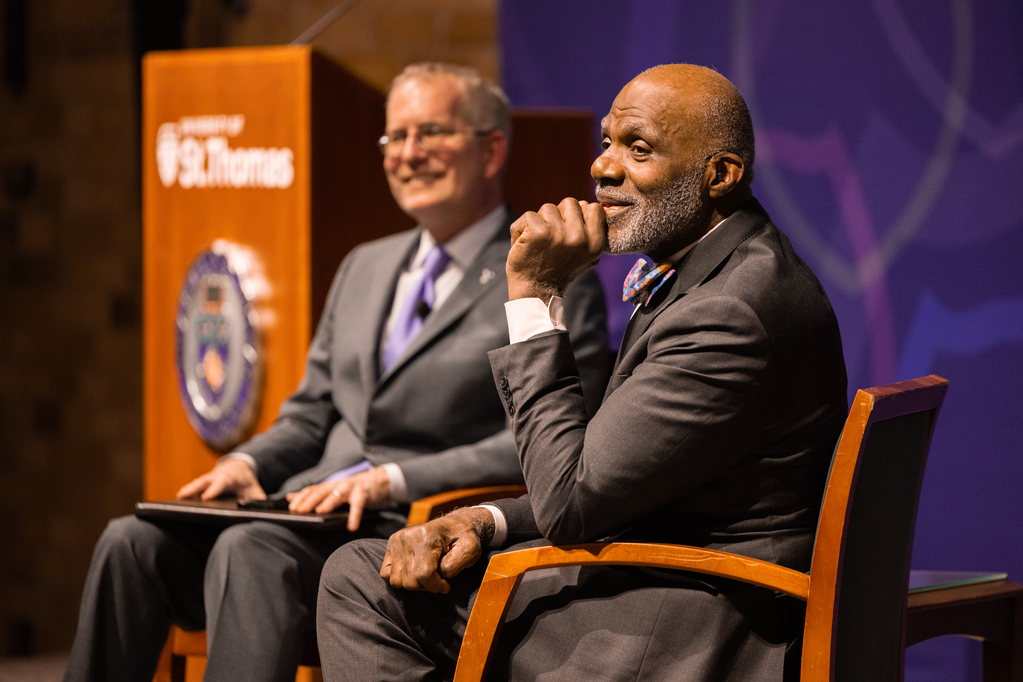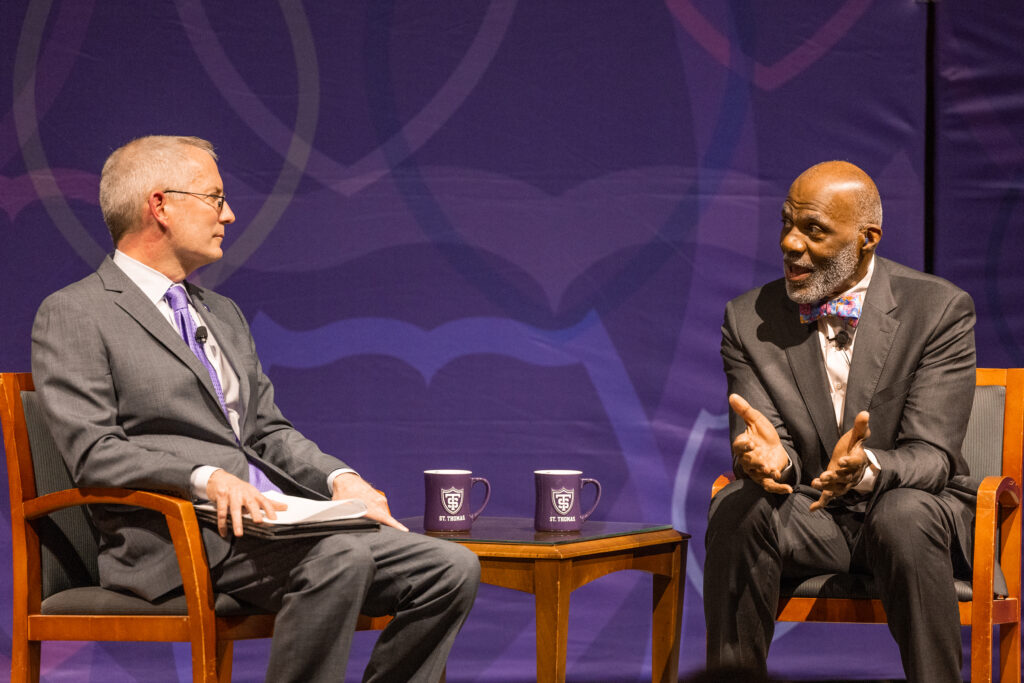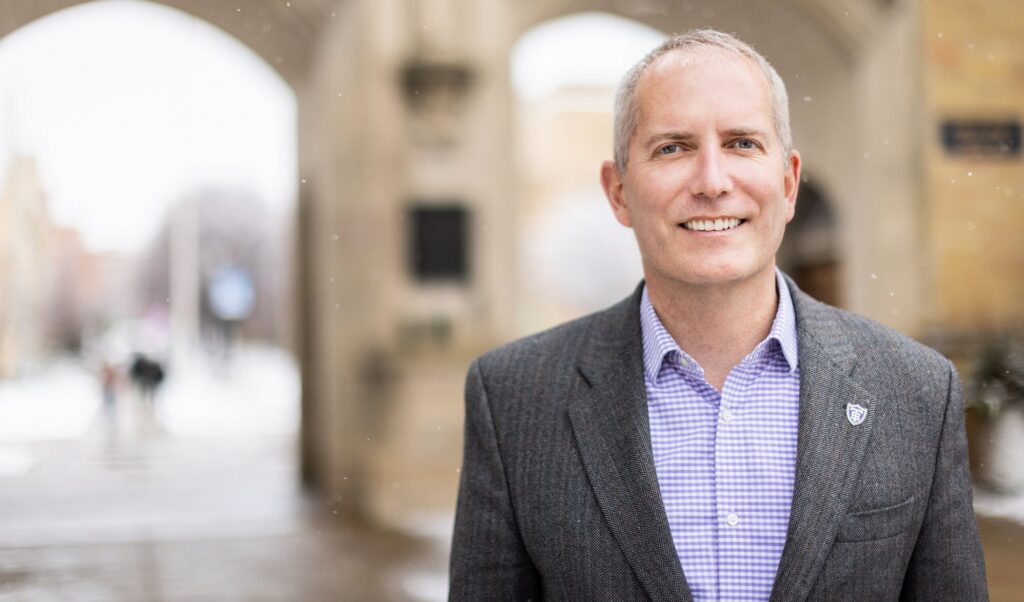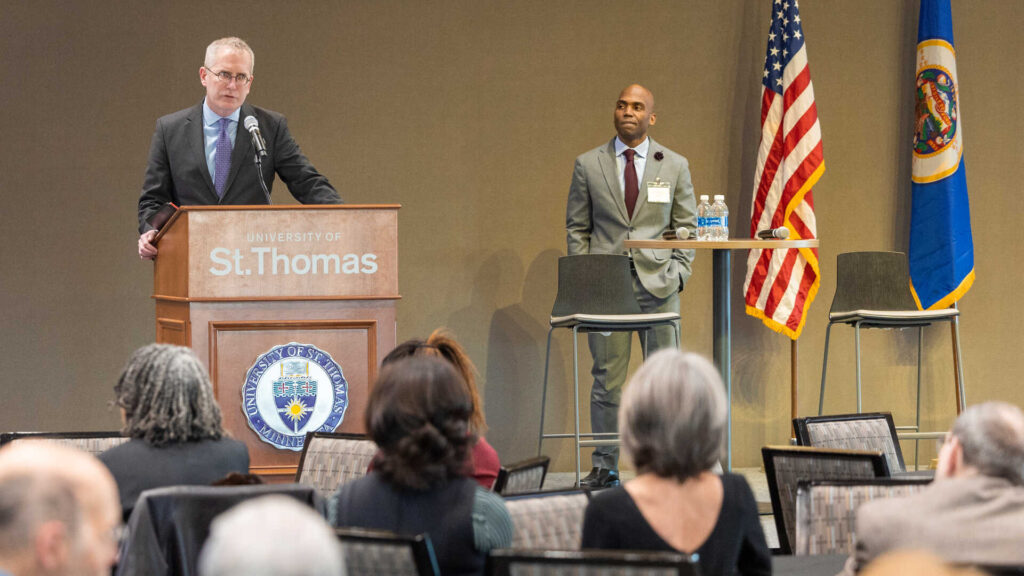Our mission compels us to build a St. Thomas culture in which members of all faith communities can thrive. This requires a much more robust vision than interreligious “tolerance” can provide. If we aspire to build relationships across religious differences and support one another on our respective faith journeys, we must understand – not simply tolerate – faith traditions that are not our own.
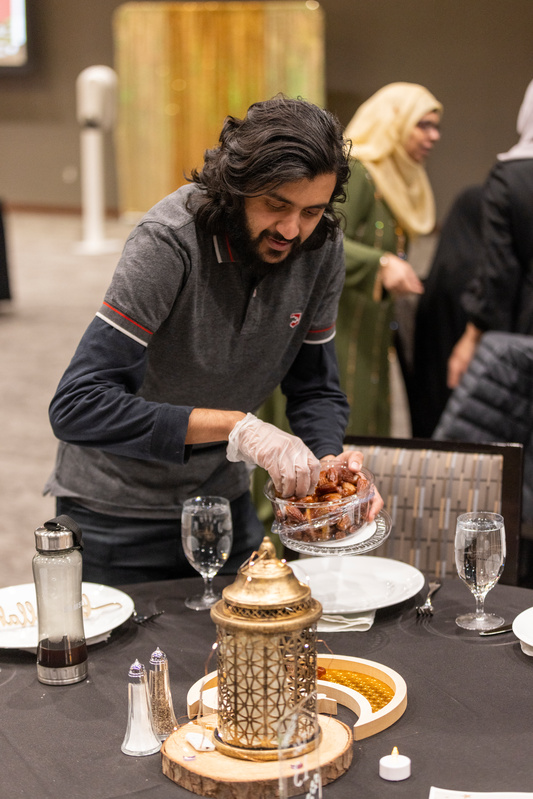
Our Muslim friends, students and colleagues are celebrating Ramadan, which commemorates when the Quran was first revealed to the Prophet Muhammad. Muslims fast between dawn and sunset during this month, devoting themselves to their faith, practicing self-discipline, and bringing to mind the suffering of the poor.
I asked our Muslim chaplain, Dr. Sadaf Shier, to offer a reflection on what Ramadan means to her. Here is what she says:
Fasting has never been easy for me (a public confession) and the more I understand it, the more demanding it becomes. I grew up in a Sufi Muslim household in Lahore, Pakistan. During Ramadan, my mother would never let us skip fasting. A scorn my siblings and I frequently heard from my her was “What good is your starvation?” I felt that my piety was under attack and my sincerity was undermined. Then I heard a saying of Prophet Muhammad (Salutations be upon Him),
There are people who would not get anything out of fasting except for hunger and thirst.
Shaykh Sayed Ali Hajvery (c. 1009-1072/77) and Imam Ghazali (1058–1111) explain that this passage means that while fasting, if the tongue does not stop backbiting, and the hands do not stop hurting others, and the eyes do not stop from watching what is prohibited, and the heart does not stop lusting, in short, if we continue hurting God’s creations and not learning self-control, what we get out of fasting is only hunger and thirst. Quran says,
Fasting has been made mandatory upon you as it was for people (nations) before you so that you can become pious.
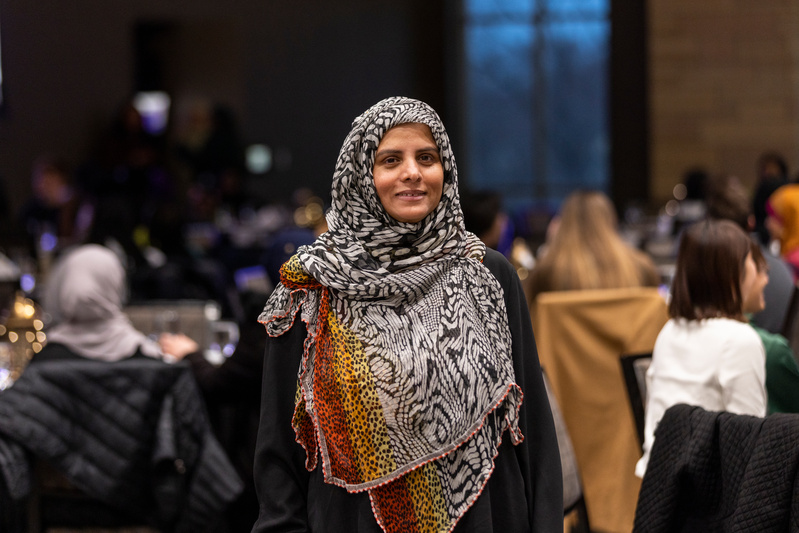
For my young mind, the math was simple: You get to heaven if you sacrifice for God. That is, during these 30 days you abstain from eating and drinking and other acts normally permissible in Islam. However, piety was beyond my comprehension then. Does piety mean being prayerful only? If it is just prayers and nightly vigils, why so much discipline and self-control through all these prohibitions during Ramadan? Then I heard my Sufi Shaykh quote another Shaykh saying,
If the rosary moves (rolls), but the heart does not, what good is moving the rosary? If you hit one bead of the rosary against another out of passion, has any of the beads ever hit your heart?
During Ramadan, around Iftar time, my father would require all of us to quietly sit down, pause, and reflect. At the time when I wanted to distract myself from hunger and thirst, I was asked to sit down. That did not make sense at all to me then! That felt brutal. My father was asking me to sit down, not just for supplication, but also for reflection. His idea was that when you are most hungry and the most vulnerable, you should use that time to think of those who are in fact more vulnerable, more marginalized, and more disadvantaged. That is an exercise that will soften the heart. When the heart truly reflects, and the body experiences it in real time, that is when we become ready for action. That is what Sufi Shaykhs mean by moving the heart – gaining a compassionate heart that does not see the boundaries of religion, race, ethnicity, or national origin, but rather sees that all people are part of one humanity, God’s creation – and because of it, the heart becomes ready to act without pride and arrogance. If the rolling of rosary beads (dhikar in Islam), prayers, and fasting are done with attentiveness, they help soften the heart so it will help God’s creation for the sake of God’s pleasure only – and that is what is piety!
While I run through St. Thomas’ corridors and shop for Iftar meals during Ramadan, I ask myself, “What I am doing for people in Syria and Turkey and Ukraine and everywhere else in the world where people are suffering? How can I be of service to those suffering around me here in St. Paul? Are people around me in peace because of me? What good is my starvation and thirst? How can I become a better person and raise my starvation and thirst of fasting to a higher level, maybe even some day to piety? When Ramadan has ended, will I be able to keep with me the lessons that Ramadan teaches, the lessons of selfless love and self-control? I may not be ready yet, but we are all works in progress.
To our Muslim colleagues, Ramadan Mubarak. We wish you a happy and blessed Ramadan.
